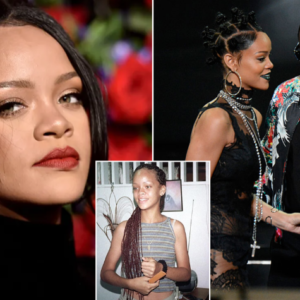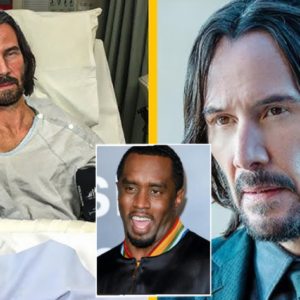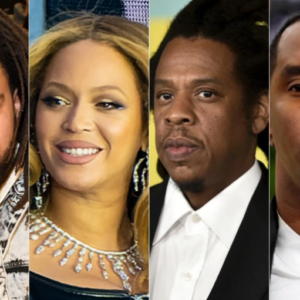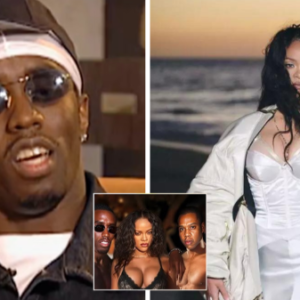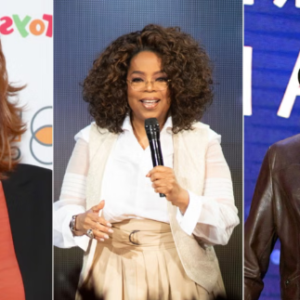In the glitzy and often chaotic world of hip-hop, few figures are as unapologetic and outspoken as 50 Cent. Known for his sharp wit and candid commentary, 50 Cent recently found himself in the spotlight as he addressed the swirling rumors surrounding Sean “Diddy” Combs and the shocking allegations of “120 victims” linked to him. The claims have sent shockwaves through the industry, creating a media frenzy that has everyone speculating about the implications of this explosive revelation. As the firestorm of controversy unfolded, 50 Cent took to social media and interviews to voice his thoughts on the matter, providing insights that captivated audiences and amplified the ongoing discourse surrounding celebrity culture.

The allegations against Diddy reportedly stem from various sources claiming that the music mogul subject to numerous instances of misbehavior, manipulation, and exploitation within his vast network of influence. The phrase “120 victims” refers to individuals who have allegedly come forward with accusations, painting a picture of a much darker side to Diddy’s empire. In an industry that often celebrates fame and success without delving into the shadows behind it, 50 Cent’s commentary hit a nerve. He has historically been unafraid to address uncomfortable truths and hold individuals accountable, and this situation was no exception.
50 Cent’s response was characteristically pointed. He utilized his platform to discuss the implications of such allegations on both the victims and the credibility of the industry. “This isn’t just about Diddy; it’s about a culture that allows bad behavior to thrive,” he stated emphatically during a recent post. His remarks highlighted a larger issue: the need for accountability and systemic change in how the industry addresses misconduct. With the increasing number of allegations surfacing against various high-profile figures in recent years, 50 Cent emphasized the importance of listening to victims and acknowledging their experiences rather than dismissing them as mere scandals.

Furthermore, 50 Cent drew attention to the necessity for the industry to cultivate an environment where artists can feel safe and supported. He expressed concern about the power dynamics that allow misconduct to flourish and urged both fans and industry insiders to remain vigilant. “The music game needs to do better. We need to stand up for those who can’t stand up for themselves,” he asserted. His call to action resonates strongly in a cultural moment where the #MeToo movement has encouraged individuals to break their silence and seek justice.
While 50 Cent’s commentary has fueled discussions, it has also sparked debates about the ramifications of such high-profile allegations. Many fans and commentators took to social media to express their varying opinions. Some praised 50 Cent for addressing the issue directly, while others criticized him for potentially sensationalizing someone else’s pain for entertainment. This duality reflects a complex reality in celebrity culture: the balance between raising awareness and respecting personal narratives.

Ultimately, 50 Cent’s frankness serves as both a critique and a call for change. He aims to challenge the status quo, pushing for transparency and accountability in an industry often shrouded in secrecy and complicity. As the situation with Diddy continues to unfold, the conversations ignited by 50 Cent’s remarks will likely influence how both the public and the industry approach issues of power, consent, and justice moving forward. In a landscape that thrives on spectacle, it is refreshing to see artists like 50 Cent advocate for deeper reflection and a commitment to real change, ensuring that the voices of the marginalized are not just heard but respected and empowered. As this narrative continues, it remains crucial for celebrities and fans alike to engage thoughtfully and empathetically in discussions about accountability and healing in the entertainment world.
